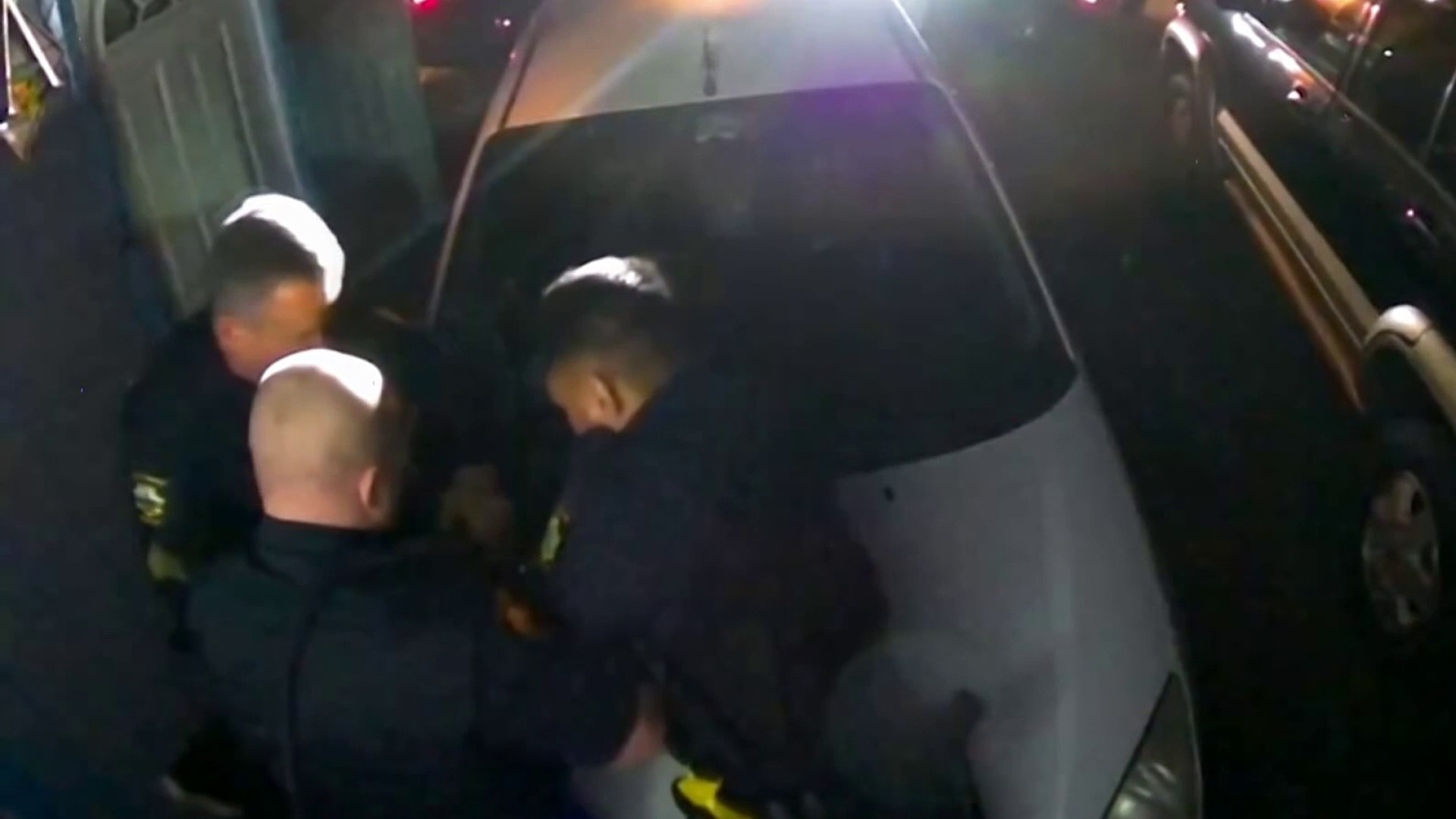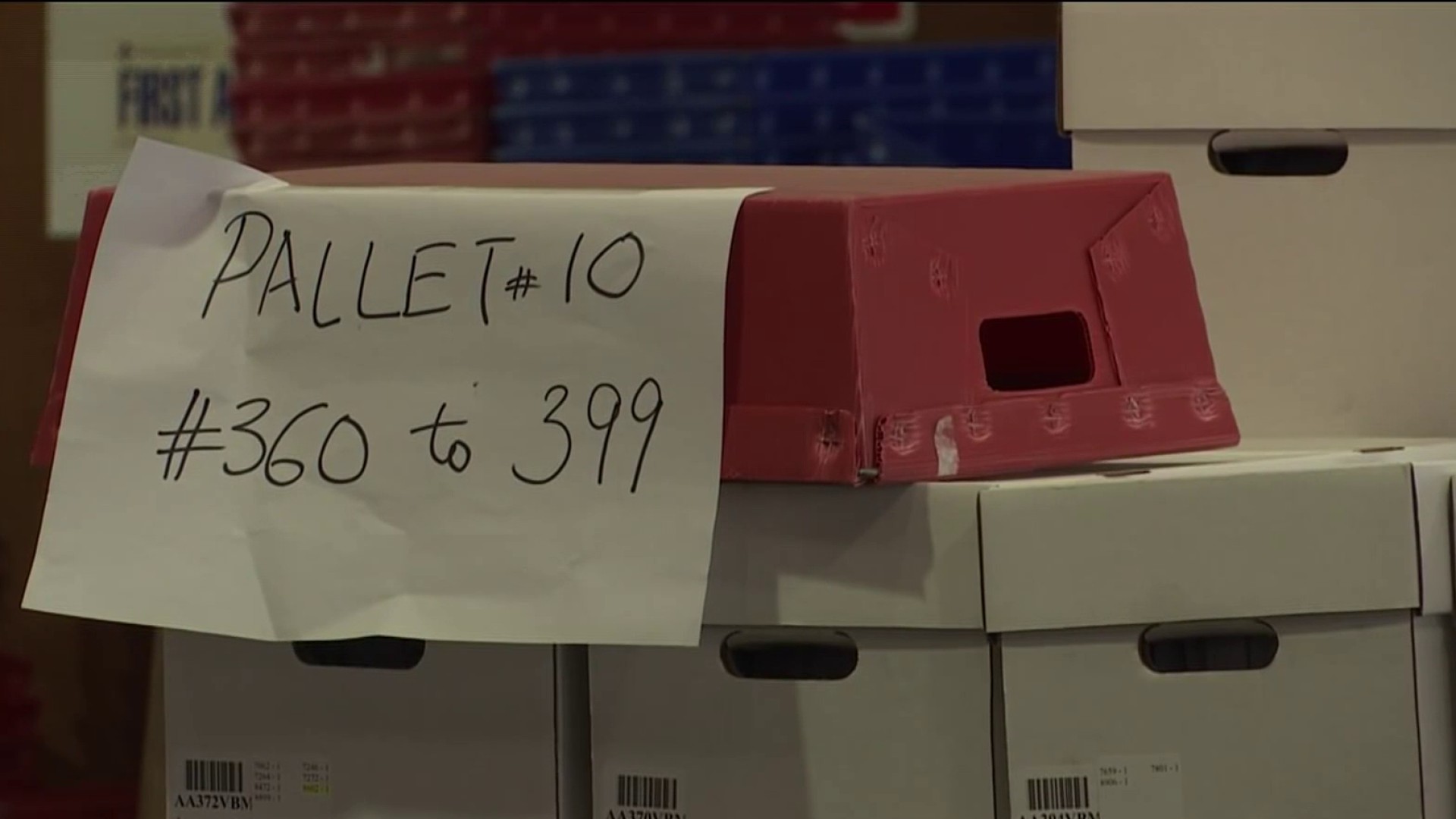A federal judge has ordered San Francisco to hold off on issuing any fines or criminal penalties to home-sharing companies, including Airbnb. The decision came during a hearing Thursday morning and stems from an ongoing lawsuit Airbnb filed to block San Francisco from enacting tougher regulations relating to short-term rentals advertised online.
Currently, San Francisco can issue fines and criminal penalties to property owners who rent out their homes without first registering with the Office of Short-Term Rentals. In June, lawmakers passed a new law that would extend those penalties to companies like Airbnb. The ordinance, however, has yet to go into effect. The city voluntarily held off on enacting the new law after Airbnb filed a lawsuit against San Francisco and requested a judge issue a preliminary injunction, halting the new law.
In a written decision released last week, U.S. District Court Judge James Donato denied that request for a preliminary injunction. However, he left the door open for Airbnb to provide additional information relating to the company’s concerns it could unfairly face criminal sanctions because of the city’s lack of a “functional verification system” that can provide home-sharing companies real-time information regarding unregistered listings.
On Thursday, Donato ordered San Francisco to continue putting the law on hold until it can work out details of enforcement with Airbnb. Had the judge not issued that order, San Francisco was poised to begin implementing the new law immediately, which has been in limbo for months.
In court, Donato expressed his frustration that Airbnb and San Francisco have not taken substantive steps to work out their differences.
“I am disappointed in both sides that more has not been done,” Donato said.
“You two have not worked hard enough to solve this problem.”
Local
Home Away, another online home-sharing platform, recently joined the lawsuit as the second plaintiff battling against San Francisco.
Donato ordered all parties involved to undergo mediation with a magistrate judge in hopes of working out specific details surrounding the city’s new enforcement policies, particularly those that could leave companies susceptible to criminal penalties if they are caught posting illegal rentals.
“This is a solvable problem,” Donato said. “I have not seen much evidence of a partnership.”
Critics of the new law, including Airbnb, argue the city’s registration process for hosts remains far too complicated. Airbnb spokesman Alex Kotran repeated that notion in a statement released following Thursday’s hearing.
“We have offered a number of progressive policy solutions and are hopeful the City will join us in trying to fix the broken registration system and avoid new policies that punish middle class San Franciscans,” Kotran said in the statement. “We agree that we ought to be able to work together to solve this problem.”
Supporters believe the new law, which continues to be on hold, would provide added restrictions that would help put more housing stock back on the market for full-time residents.
Beginning in February 2015, anyone wanting to rent out their San Francisco home for less than 30 days has been required to register with the city and remain the primary resident of that home. In May, however, the Investigative Unit found that thousands of short-term rental hosts across the city continue to break the law. The investigation revealed that at least 82 percent of hosts are unregistered.
Airbnb recently published an op-ed in the San Francisco Chronicle, in which it announced that it is willing to provide more cooperation with the city in order to help weed out illegal rentals.
In court, however, Deputy City Attorney Sarah Eisenberg expressed confusion over that announcement. She said not a single representative from Airbnb has contacted her office or any other city department to explain how it plans to provide that additional assistance.
“All we know what they are willing to do is what they wrote in the paper,” she said. “No one from Airbnb has contacted the City Attorney’s Office or the Office of Short-Term Rentals or anyone with the city.”
Airbnb attorney Jonathan Blavin disputed that, but could not provide details when pressed by the judge.
“I’m not sure of the specific names of those people [contacted],” he said.
Judge James Donato appeared frustrated by the lack of details.
“You should know that,” he responded back.
Donato requested all those involved begin the mediation process immediately in hopes of finalizing a solution by mid-December.
Home Away attorney Jim Grant, however, expressed doubt the mediation will be successful in bringing about a deal that satisfies all parties.
“An appeal is inevitable,” he said.
______________________________________
Need to contact our Investigative Unit?
• You can remain anonymous
• 1-888-996-TIPS
______________________________________
Watch the entire series in this NBC Bay Area investigation:
- Part 1: Thousands Violate SF Housing Laws Using Airbnb, Few Face Penalties
- Part 2: Illegal Short-Term Rentals Can be Nightmare for Neighbors
- Part 3: San Francisco Lawmakers Could Soon Force Airbnb, Other Home-Sharing Websites to Make Major Changes
- Part 4: Airbnb Sues SF to Block New Law Aimed at Delisting "Illegal Rentals"
- Part 5: SF Law Targeting "Illegal Rentals" on Hold as City Battles Airbnb Lawsuit
- Part 6: Airbnb Heads to Federal Court Over Lawsuit Against San Francisco
- Part 7: Judge Raises Doubts Over Airbnb's Lawsuit Against San Francisco
- Part 8: Judge Orders SF to Hold Off on Airbnb Fines and Penalties
- Part 9: Airbnb and SF Meet Privately to Settle Bitter Lawsuit
- Part 10: San Francisco Limits How Often Hosts Can Use Airbnb
- Part 11: Airbnb's New Rules Abroad Could Impact San Francisco
- Part 12: SF Issues $1.1 Million in Fines to Hosts Using Rental Sites Like Airbnb
- Part 13: Thousands of Airbnb Rental Listings in SF Could Soon Be Purged



